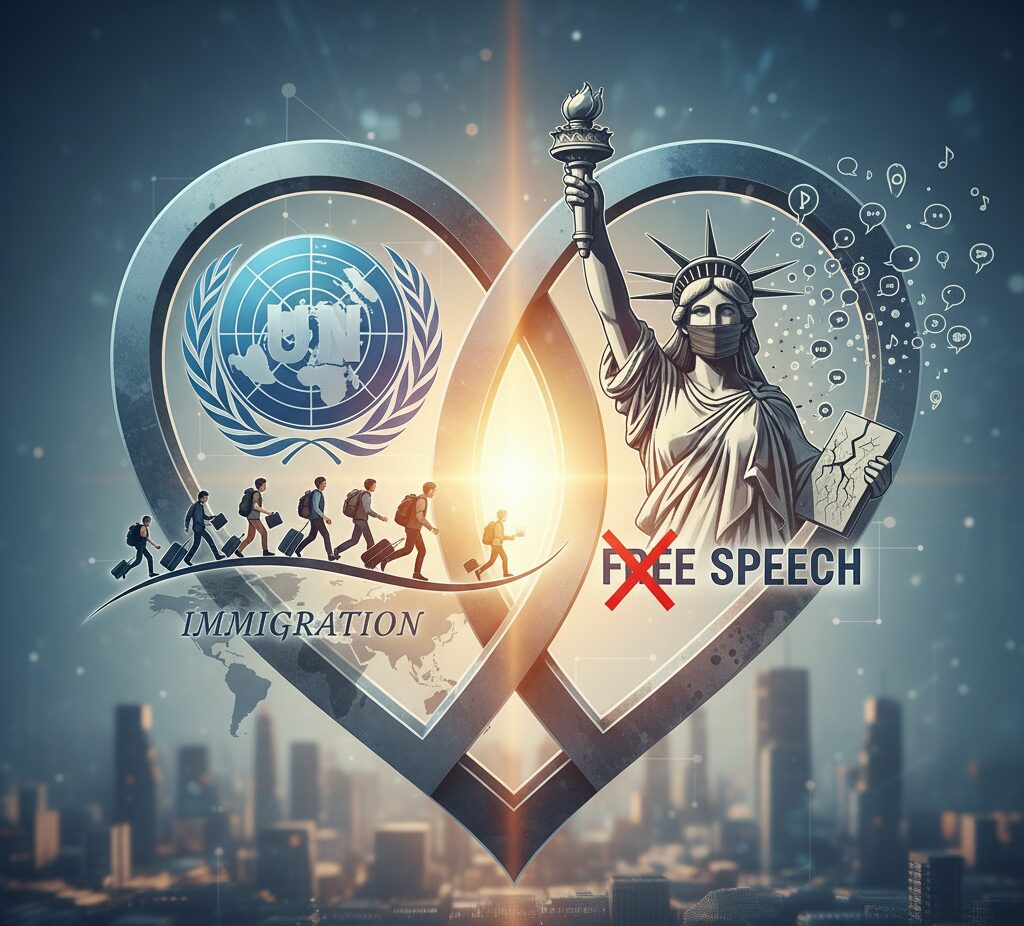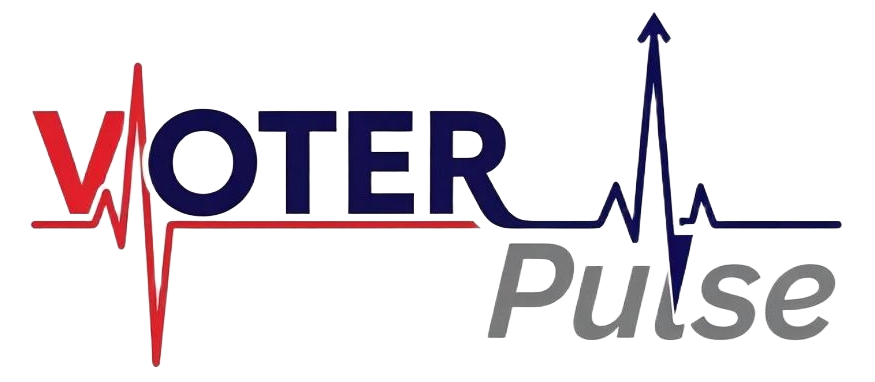A Free Speech Dilemma; Trump speaks at the UN; H-1B Overhaul
Here’s three things at the heart of current events this week

Off then On then Off Again: The Free Speech Dilemma with Jimmy Kimmel
Last Wednesday evening ABC announced that it was pulling Jimmy Kimmel’s late night show off the air indefinitely. Kimmel, in his monologue, had criticized the “MAGA gang” as “trying to characterize this kid who murdered Charlie Kirk as anything other than one of them and doing everything they can to score political points from it.”
It was reported that the decision was made after public comments made by the FCC chair Brendan Carr. Carr warned that “We can do this the easy way or the hard way… These companies can find ways to change conduct and take action… on Kimmel, or you know, there’s going to be additional work for the FCC ahead.”
Two major owners of local stations, Nexstar and Sinclair, declared that they were not going to air Jimmy Kimmel, which was quickly followed by the decision from ABC to suspend Kimmel. ABC recently announced a return for Kimmel, however both Nexstar and Sinclair have announced that they will continue to not run the show on their stations.
Nexstar is currently pursuing a $6.2B merger with one of their competitors, TEGNA, which would require regulatory approval from the FCC.
President Trump speaks at the UN General Assembly
President Donald Trump addressed the UN General Assembly on Tuesday. He declared that “this is indeed the golden age of America” and that “inflation has been defeated.” The speech featured regular criticisms of the prior administration, blaming them for corruption, a faltering economy, and wars such as the one in Ukraine. Trump also celebrated what he touted as the end of “seven un-endable wars” within seven months.
“In a period of just seven months, I have ended seven un-endable wars… Cambodia and Thailand, Kosovo and Serbia, Congo and Rwanda, Israel and Iran, Pakistan and India, Egypt and Ethiopia, Armenia and Azerbaijan… It’s too bad that I had to do these things instead of the UN… I never even received a phone call from the UN offering to help in finalizing the deal. All I got from the UN was an escalator that stopped in the middle… and then a teleprompter that didn’t work.”
President Trump continued, dedicating several minutes to admonishing the UN for the state of its facilities:
“Many years ago… I bid on the renovation and rebuilding of this very UN complex… but they decided to go in another direction… which actually produced a far inferior product. And I realized that they did not know what they were doing when it came to construction… looking at the building and getting stuck on the escalator, they still haven’t finished the job.”
This wasn’t the only criticism Trump had of the UN, as he admonished the institution for “funding an assault on Western countries and their borders.” He claimed that “The UN provided food, shelter, transportation, and debit cards to illegal immigrants” in the United States. He branded his strict policies against illegal immigrants as “humanitarian” and encouraged countries, namely those in Europe, to join the US in stopping the “invasion” and protect their sovereignty.
The H-1B Dilemma
The Trump administration announced late on Friday that companies would start needing to pay a $100,000 fee for H-1B visas. The H-1B program, according to the Department of Labor, is designed to “help employers who cannot otherwise obtain needed business skills and abilities from the U.S. workforce by authorizing the temporary employment of qualified individuals who are not otherwise authorized to work in the United States.”
The White House, in enacting the new fee, declared that “the large-scale replacement of American workers through systemic abuse of the program has undermined both our economic and national security.” According to the US Citizenship and Immigration Services, large tech companies such as Amazon, Microsoft, and Meta lead the list of number of employees with an H-1B, signaling the sector may be the hardest hit by the new regulation.
Most recently, it is being reported that the administration is further proposing a change to the visa’s lottery selection process, prioritizing higher-paid, higher-skilled foreign employees. This would lean further into the barrier-setting H-1B policy. It is unclear whether the policy would result in more work for Americans, or simply lead to greater offshoring efforts by companies that had been utilizing H-1Bs.






Leave a Reply